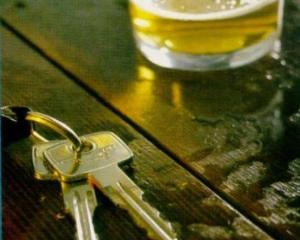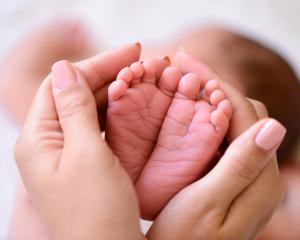

Firstly, even if they see us as their best buddy, they're not going to share what they don't want to, leaving us believing that we're up with the play and likely to miss all sorts of signals.
Secondly, by "being their friend" we're telling them that we're equals and, therefore, their position in the family is equal to ours. It might seem easier but the consequences later, when we try to pull the rank that we've relinquished, are likely to be extremely problematic. In fact, the lack of boundaries can make the relationship quite confusing for them.
We know what happens in the classroom when a teacher gets too matey with the students - discipline becomes harder to maintain and chaos inevitably ensues. So with the family unit. If there are no consistent adult-child boundaries, then, not only does disciplining become more difficult, but emotional chaos also follows.
Being allowed to make their own decisions may seem very grown-up to a teenager but, again and again, at the other end of childhood you hear comments like, "I wish my parents had cared enough to stop me from doing this or that".
Youngsters need structure. They need it from someone they can respect and who they can trust to make the right decisions about their welfare, even if they don't like some of those decisions. It's hard for children to respect an ineffective parent more concerned about staying onside than standing up to them.
Thirdly, they probably have enough friends of their own without us foisting ourselves on to them.
Fourthly, there can be a temptation for us to unburden our problems on to them as we might on a friend, which won't do them any favours. They're wrestling with enough developmental problems and emotions of their own without trying to handle our emotional issues as well. An awareness that there are issues is fine but our youngsters should never be our counsellors.
Finally, they need to be able to separate from us at some point and if we've bonded them too tightly to us and possibly even limited their adolescent socialisation, they may never be able to take this step.
So, here's our problem. While a family isn't a democracy and while we shouldn't be our youngsters' best friend, no comfortable and healthy parent-child relationship will develop from a cold, rigid dictatorship either. The answer lies somewhere in between.
Our parental role is to be a teacher, guide, supporter, limit-setter and coach and, from time to time, the bad guy.












